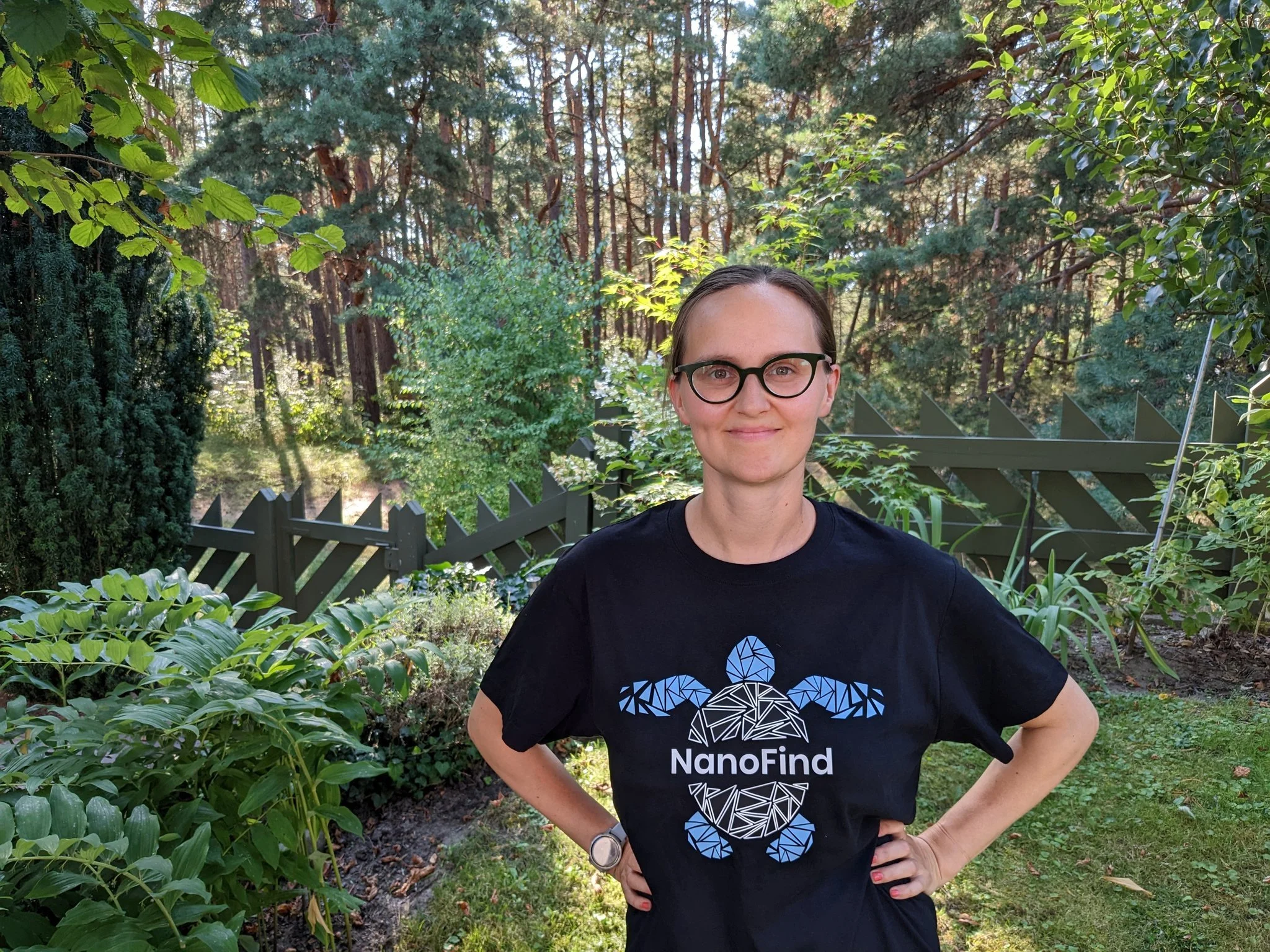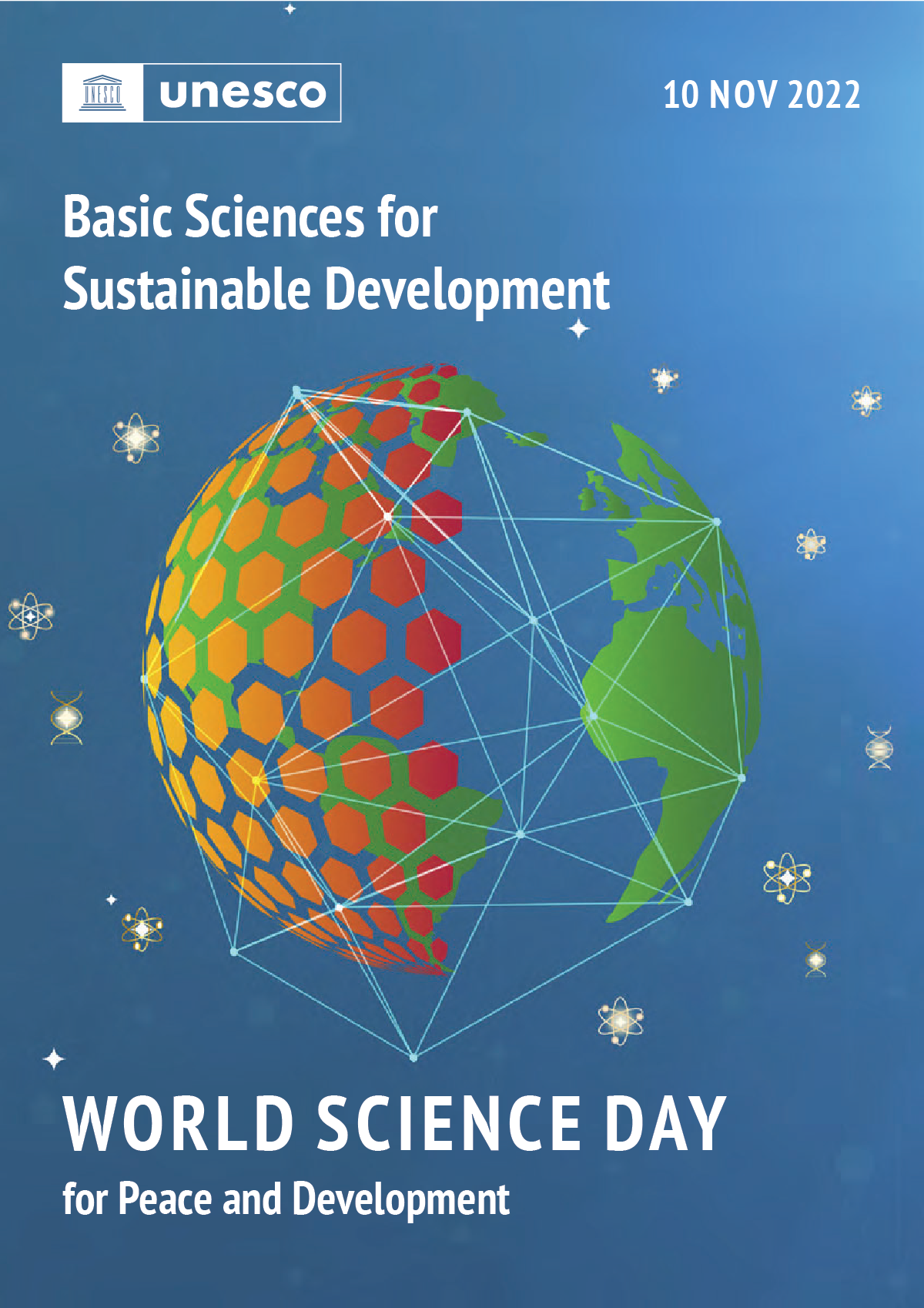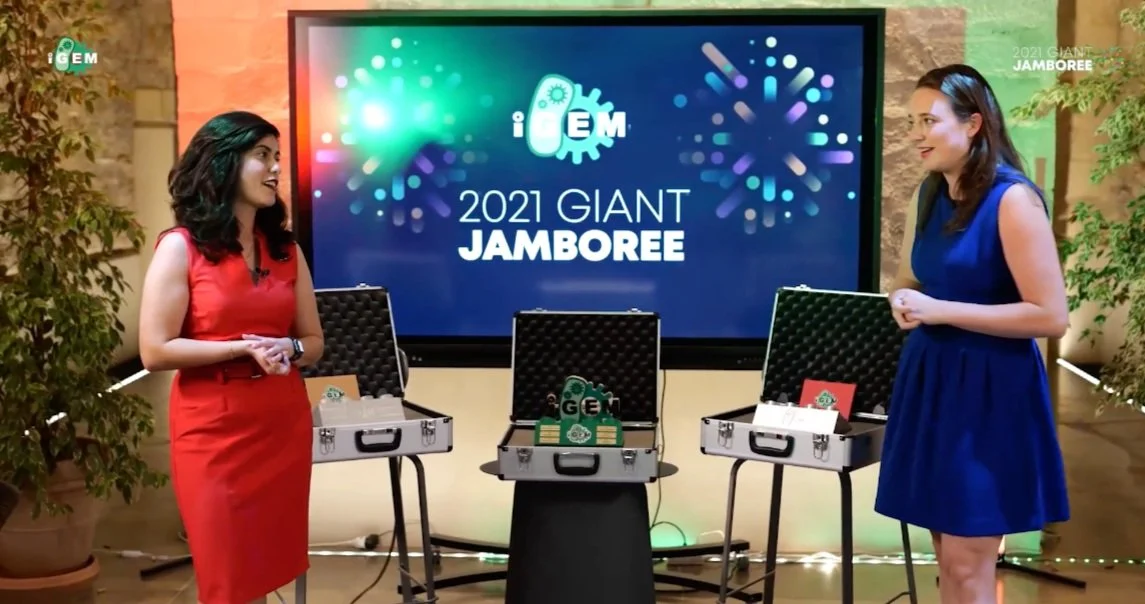Synthetic Biology Everywhere: Regional Synbio Ecosystems
Everyone in our community is working towards iGEM’s purpose to “make sure that the field of synthetic biology, and all of the power that this technology holds, gets developed everywhere by everyone”. Teams from all over the world participating in the iGEM Competition and iGEM Leagues do this through their projects that solve local problems within their communities and tackle global challenges that affect everyone. Many people work towards iGEM’s purpose by serving as advisors, mentors, judges, and committee members that support the teams, and many contribute to iGEM’s purpose by taking on challenges within iGEM Community, the EPIC program, the Technology program, and/or the Responsibility program.
“A core vision tied to the development of synthetic biology through iGEM is to enable everyone everywhere to solve problems in partnership with biology, from the very local to the global … If there’s anything I’ve learned from iGEM is that really amazing things happen when you involve everyone from the earliest stages.”
– Megan Palmer, Executive Director Bio Policy and Leadership, Stanford University
At the 2022 Grand Jamboree, one of the Keynotes focused on iGEM’s purpose through a moderated discussion with expert panelists from four different regions of the world – “Synthetic Biology Everywhere: Regional Synbio Ecosystems” with Mahaletchumy Arujanan (Malaysia), Benson Kinyagia (Kenya), Taslimarif Saiyed (India), and Alejandra Sierra Aguilera (Guatemala), moderated by Megan Palmer (United States). Here, we present some of the stories, lessons learned, and ideas for iGEM given by our experts.
Mahaletchumy Arujanan
Global Coordinator at ISAAA, Malaysia
“Don’t be a stereotypical scientist, be a scientist who is also a communicator, who is also a marketeer, who is also a regulator.” - Mahaletchumy Arujanan, Global Coordinator at ISAAA, Malaysia
Stories: What motivated me to get into science communications was the gap. There was a huge gap between scientists, society, and other stakeholders – policy makers, media, students, consumers, mothers, patients. Science is complicated, boring for many people, difficult for many people. I wanted to repackage science, which is how I ran into this field and why I founded the first science newspaper in Malaysia – The Petri Dish – to put science in the headlines.
Lessons learned: A lot of people think that science communication is about communicating science so it looks fun or cool. But there is more to science communication, which is to create the political will to approve what the scientists have done. What we do in the lab is exciting, fascinating, and possible. But the question to ask is “Is that what society wants?” Sometimes society doesn’t know what it wants. We have to say, in a story-telling manner, in a way that they understand that the science we do is important, is relevant, is impactful, it is going to change their lives, and is important to keep our planet going.
Ideas for future iGEM: What I would give you as a challenge is to be the hybrid species that you are developing in your lab. Just don’t be a stereotypical scientist, be a scientist who is also a communicator, who is also a marketeer, who is also a regulator. How many media friends do you have in your phone right now? Make friends. The other challenge is network. While you become a holistic hybrid species, also network with people who are going to support and drive and champion our cause.
Benson Kinyagia
Principal Scientist, National Commission for Science, Technology and Innovation, Kenya
“I think iGEM should come to Kenya, and I have a reason for this. Kenya just elected a president who is a biologist, and in the past two weeks he lifted the ban on GM products.” - Benson Kinyagia, Principal Scientist, National Commission for Science, Technology and Innovation, Kenya
Stories: The issue of synthetic biology concern for Africa came to us during the discussion at COP 2014. We were supposed to come up with advice on how to regulate the technology. We had just come from 2012 when we had banned GM in our country, and the reason why GM was banned was because of a lot of misinformation. Africa is still divided, but the regional bodies in the National Commission for Science, Technology and Innovation have come together, which gives us an opportunity. We are working across the different regions of Africa and with the support of partners in the UK to create awareness of synthetic biology so we could regulate this technology out of an informed platform.
Lessons learned: We were able to build up from the experiences of our partners, who were willing to come onboard, using their own resources and even to come and share their experiences. Then we called our institutions. Kenya was able to clear a national research fund, which was not much but was able to give us some seed money. For this we worked together with partners from other institutions in Africa. Can we use the resources we have to develop that which we don’t have? Can we reach out to partners who are willing to work with us as mentors? Through this process we now have three programs in synthetic biology ongoing in the country. We all need to build intentional partnerships. We all need to build off of the resources we have.
Ideas for future iGEM: I think iGEM should come to Kenya, and I have a reason for this. Kenya just elected a president who is a biologist, and in the past two weeks he lifted the ban on GM products. So now Kenya is free to release the GM mace, the GM cassava, the GM cotton. There is a lot of understanding, and the political will in my country is very supportive. Wherever iGEM goes, let’s involve political leaders in our meetings. We will be able to attract press, which always seems to follow political leaders, and the conversation can be more engaging.
Taslimarif Saiyed
CEO and Director of C-CAMP, India
“Let’s build a world-stage iGEM, where the different stakeholders – government, talent, infrastructure players, corporations, industry and the VCs – come together on one platform.” - Taslimarif Saiyed (CEO and Director of C-CAMP, India)
Stories: We are attempting to identify deep science ideas which are bold, which are risky, and hand-hold them and see if they can solve societal problems in healthcare, agriculture, animal health and environmental health. What has happened in India over the last 10 years has been truly remarkable. Exciting young talent are coming together with established, experienced talent and taking on bold challenges. We have been able to give them early stage support at the idea level; they don’t even have to form an entity. This takes away the fear of failure at the biotech level and at the government level.
Lessons learned: One of the approaches we have taken is to ensure that the innovators actually go on the ground and work with the stakeholders to understand the problem per se, and then come back to ask if they are on the right path or not. That has been more productive and more efficient for innovators that keeps them from drifting away from the ground reality.
Ideas for future iGEM: COVID provided a strong use case for mRNA vaccines that the world wanted and needed. We are just around the time when more and more strong use cases will come from synthetic biology. The world will take notice and, most importantly, the final outcomes and commercial returns, which are important for the larger system to stay put for a long time, are around the corner. Let’s build a world-stage iGEM, where the different stakeholders – government, talent, infrastructure players, corporations, industry and the VCs – come together on one platform. Let’s make sure the talent that is happening here can be much more visible from a use case scenario.
Alejandra Sierra Aguilera
Head of the biological area UMG LABS, Guatemala
“When you are working to solve a problem in any part of the world, what you need to understand is what are your strong abilities and work as a team. If you don’t know something, for example if you don’t like public speaking or you don’t know how to budget, you just have to find the people so you’ll have a more multidisciplinary and successful team.” - Alejandra Sierra Aguilera, Head of the biological area UMG LABS, Guatemala
Stories: I noticed that as scientists, we lack leadership skills and soft skills. So, I studied for an MBA in biotechnology companies, where I learned how to decide between business models, how to do scalability, how to know if your idea is sustainable or affordable, how to create partnerships or get funding. Now I am working with scientists to teach them leadership skills, management skills, marketing skills so they can understand the strategies and be more empowered.
Lessons Learned: When you are working to solve a problem in any part of the world, what you need to understand is what are your strong abilities and work as a team. If you don’t know something, for example if you don’t like public speaking or you don’t know how to budget, you just have to find the people so you’ll have a more multidisciplinary and successful team.
Ideas for future iGEM: I would love to have iGEM come to a country in Latin America, Guatemala would be nice so more people from our region can travel and be part of this community.
You can view the full Keynote from the iGEM 2022 Grand Jamboree “Synthetic Biology Everywhere: Regional Synbio Ecosystems” on iGEM Video Universe:












